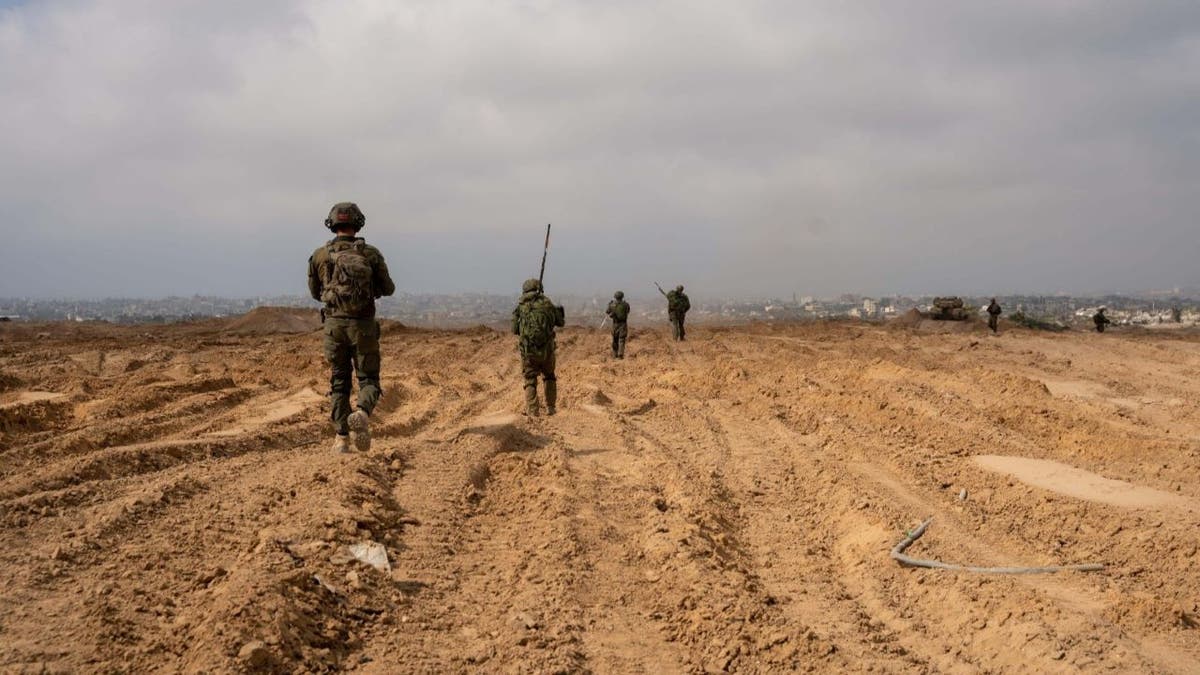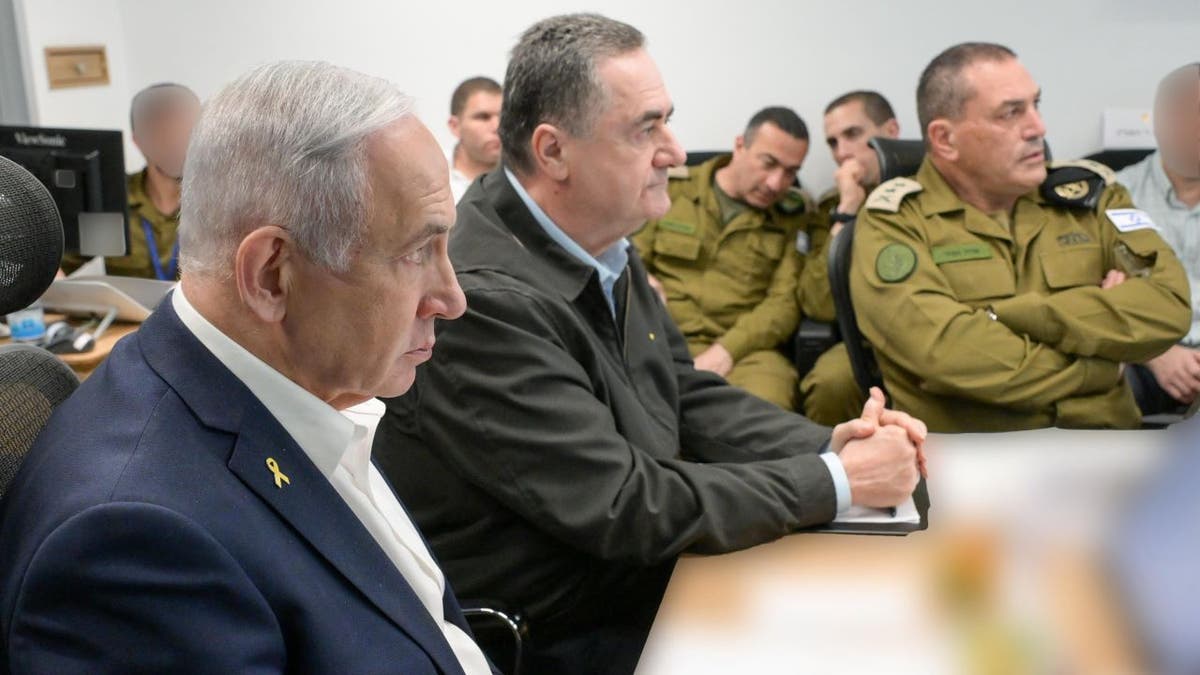Share this @internewscast.com
Close to a month since Israel resumed its ground operation, U.S. support is playing a role in shaping the conflict on various fronts—military, diplomatic, and political. Israeli officials have indicated that the likelihood of a hostage deal has considerably improved, with some expecting progress within the next two weeks.
On Monday, President Donald Trump, sitting beside Israeli Prime Minister Benjamin Netanyahu in the Oval Office, addressed reporters, saying, “We are trying very hard to get the hostages out. We’re looking at another ceasefire. We’ll see what happens.” These comments emphasized Trump’s dual approach: maintaining diplomatic pressure on Iran while offering direct support for Israel’s military actions in Gaza.
With what Israeli officials label as a “free hand” to conduct operations, Israel has intensified its offensive into Rafah and the strategically vital Morag Corridor. The declared objective is to heighten pressure on Hamas and assist in securing the release of the remaining 59 hostages.

Israeli forces establish the Morag Corridor in Gaza. (IDF)
Ali said it remains unclear how Israel intends to manage or govern areas it clears. He drew comparisons to the U.S. experience in Iraq and Afghanistan. “The U.S. encountered its own challenges in the post-9/11 wars with similar ‘clear and hold’ approaches, since insurgent and jihadist elements in both conflicts utilized guerrilla warfare tactics and terrorist attacks.”
While the Biden administration had previously emphasized humanitarian access, Ali noted that the current White House has not publicly pressed Israel to scale back its operations. “That could change,” he said, particularly as humanitarian conditions worsen or if negotiations with Iran over its nuclear program progress. “If those talks gain momentum, Iran may pressure the U.S. to rein in Israel’s campaign against Hamas to preserve what remains of the group. Whether the U.S. team, led by Steve Witkoff, entertains such demands will be a key regional development to watch.”
On the ground, Israel has moved to reshape the humanitarian landscape in Gaza. The decision to restrict Hamas’s access to aid reflects a broader policy shift under IDF Chief of Staff Lt. Gen. Eyal Zamir, who reversed his predecessor’s stance and authorized the military to directly oversee the distribution of supplies. “Hamas will not regain control over the aid, because that was its lifeline,” an Israeli security official explained. “It’s what allowed it to maintain control over the territory throughout this period. People in Gaza know that Hamas controls the aid; if they realize that Hamas no longer does, its control within the Strip becomes ineffective.”

Israeli troops deployed to Gaza. (IDF)
Humanitarian organizations and international leaders continue to condemn Israel. U.N. Secretary-General António Guterres, speaking on April 8, condemned the ongoing blockade of aid. “More than an entire month has passed without a drop of aid into Gaza. No food. No fuel. No medicine. Gaza is a killing field — and civilians are in an endless death loop,” he said.
Israel’s Foreign Ministry spokesperson, Oren Marmorstein, strongly rejected the Secretary-General’s claims. “As always, you don’t let the facts get in the way when spreading slander against Israel,” he posted on X. “There is no shortage of humanitarian aid in the Gaza Strip — over 25,000 aid trucks have entered during the 42 days of the ceasefire. Hamas used this aid to rebuild its war machine. Yet, not a word in your statement about the imperative for Hamas to leave Gaza. The people of Gaza are braver than you — they’re calling, loud and clear, on Hamas to leave and stop abusing them.”

Israeli Prime Minister Benjamin Netanyahu with Defense Minister Israel Katz (Israeli PM)
Eugene Kontorovich, a senior legal scholar at the Heritage Foundation, told Fox News Digital: “One doesn’t need the Israeli Supreme Court to say there is no starvation in Gaza — this was admitted by the UN’s own Food Security Phase Classification, which in June found that prior UN reports were inaccurate and that there is no famine. There is no serious evidence of starvation in Gaza, and what food scarcity does exist can be attributed to Hamas pillaging and hoarding aid. As the truth comes out, it becomes clear that the starvation claims were designed to halt Israel’s legitimate self-defense against a genocidal attack.”
As military and diplomatic tracks converge, Israeli officials remain cautiously optimistic that talks may soon produce results.
















